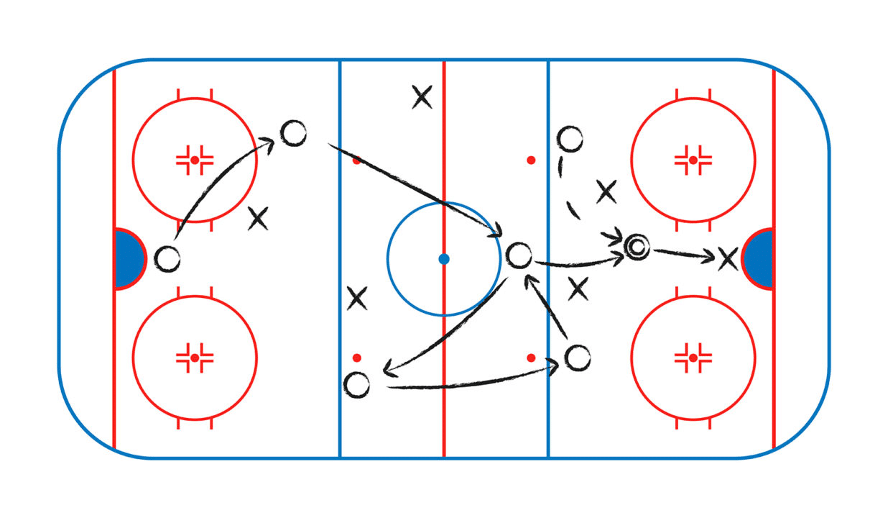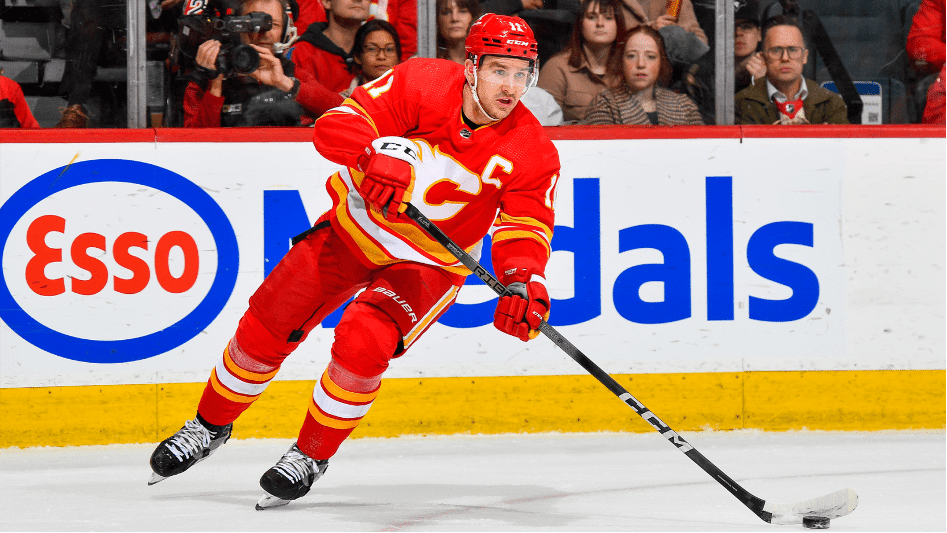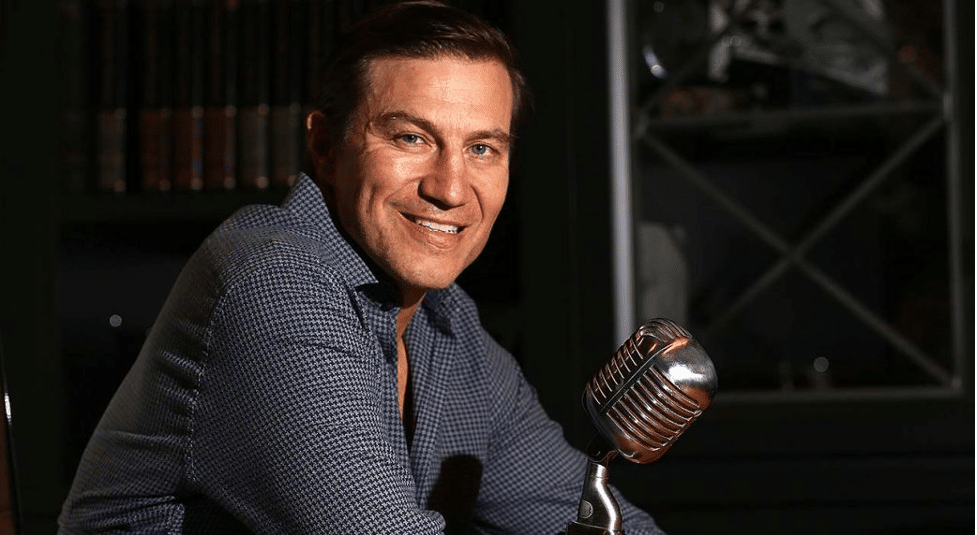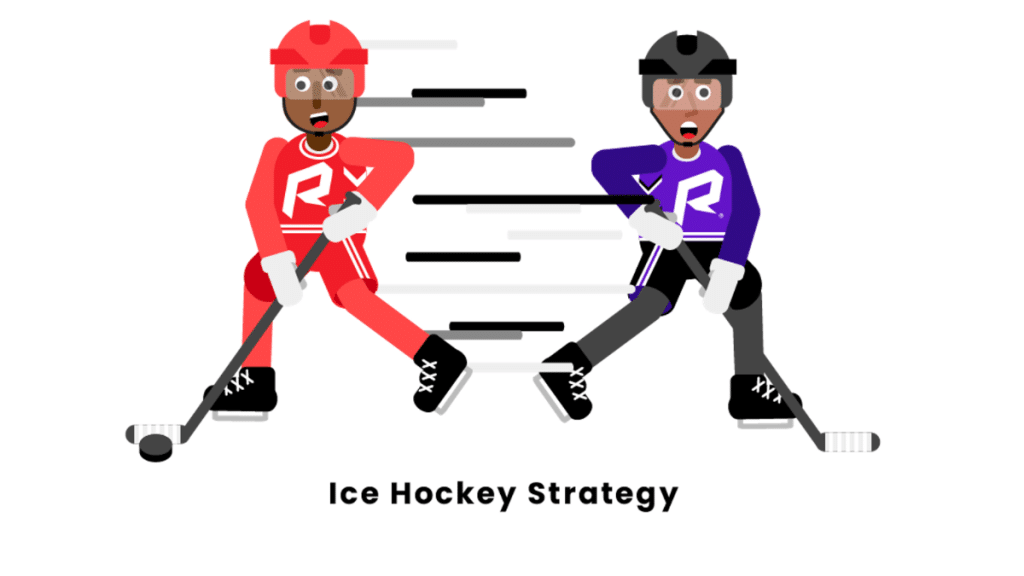In the game of hockey, every puck touch, stride, and strategy need careful planning. It goes without saying that the strategic choices that a hockey team makes and their execution on the pitch have a direct impact on how a match turns out. Any hockey pundit will tell you for free that the fore-check, backcheck, power plays, and defensive tactics, among others, dictate the direction of the game and the overall outcome of the competition. In this article, we explore how ice hockey plays and strategies impact the results of the game.
Individual skill vs tactics and systems
While one cannot dismiss the role of individual skill of star players, pundits agree that tactics and systems that a team employs determine how the game ends. We have several examples that can be quoted to support these sentiments. One that comes to mind is the 2019 Stanley Cup tournament where the Blues met the Winnipeg Jets. Winnipeg got into the playoffs as the favorites, having presented a strong offense.
With Star players such as Kyle Connor, Patrick Laine, and Scheifele any hockey betting enthusiast would have predicted that the team would top the league. However, St Louis Blues who were nowhere near favorites ended up taking home the prestigious cup.As Safvenberg et al posit in their study titled “The Importance of Special Teams in Ice Hockey” implementing a system geared towards defensive discipline, controlled zone entries, and fore-checking can, as it happened in the match, shut down the offense and limit the scoring opportunities.

The Blues employed a structured breakout approach, preventing the Winnipeg Jets from giving lethal odd-man rushes. At the end of it, the Jets’ talent did not feature much in the game, they struggled to match the Blue’s system, leading to an outcome that few expected. Most of the bets were on a Winnipeg Jets win. As most of us do, the punters had entirely relied on the history and star players’ performance.
As pundits put it, “look beyond history and star performance” as this will give an edge and help in making more informed decisions. In sports betting such as hockey, it pays not just to patronize the best sportsbooks, such as the recommendations of Canadian bookmakers by MightyTips.com, but also to consider factors that go beyond the team’s past performance.
Apart from the Blues and Jets case, other incidents such as the 2020 Tampa Bay Lighting and New York Islanders as well as the 2004 Calgary Flames surprise win, have also proved that ice hockey systems and tactics can significantly impact the outcome.
Hockey systems
You cannot talk about hockey systems without mentioning the name Mike Babcock. This is a personality who is highly regarded in the game for his coaching philosophy. Pundits refer to him as a perfect example for those looking to understand how hockey systems impact the outcome of the game.
Hockey systems denote the structured approaches that teams adopt as they attempt to control play, prevent scoring, and create goal opportunities. As Joe Bowen, a Canadian sportscaster states, these arrangements may from time to time vary. This may be due to factors such as the team’s coaching philosophy, the game in question, as well as players’ characteristics. Some of the most common systems that teams have applied in their games include:
- The neutral zone trap
- Aggressive forecheck,
- Back checks,
- Penalty kill formations,
- Power plays among others.
If there is a coach who has demonstrated the power of systems in the achievement of success, Mike Babcock ranks high in this front. Over the years, he proved that individual star power was not enough to win games.
Soccer systems where teams mix defensive and offensive can work magic and give unexpected results.

As demonstrated in Train 2.0 Hockey, and supported by Mike Babcock’s coaching philosophy, effective offensive systems generate chances and at the same time help a team maintain possession of the puck. Cycle game is a widely employed offensive strategy where teamwork and collaboration are crucial to control the pluck. This tactic has been known to create passing lanes and wear down opponents.
Coach Mike Babcock understands this too well. This can be found in one of the most cited quotes that “a well-planned cycle game can frustrate the opponents, leading to opening up of scoring chances.”
Corsi and Fenwick’s metrics as well seem to support these sentiments. Where they reveal that teams with higher possession normally give more shooting on the goal. A situation that translates into higher scoring potential.
Defense
Not everybody agrees on the narrative that the offensive is the king. Scott Stevens, one of the most celebrated defensemen, argues that defense is the foundation of the game. According to Scott Stevens, “a well-organized hockey defensive systems can frustrate even the most offensive teams”.
The neutral zone trap by the New Jersey Devils way back in the 1990s demonstrates that defensive strategy, just like offensive, has the power to change the outcome of the game, especially when applied effectively.
Nick Kypreos, a former professional ice hockey player who played left-winger and is now a commentator, says that “special teams play can make all the difference in close games”. Coaches normally capitalize on man advantage or attempt to neutralize the opponent’s power play.
As Nick Kypreos stated “power play is in execution and creation of mismatches. Teams which capitalize on pucks effectively and capitalize on their defensive systems have an added advantage.”

Steve Russell/Toronto Star via Getty
These are sentiments shared by many including Justin Bourne, a sports writer and former Ice hockey player and Toronto Marlies assistant coach. Teams that demonstrate potent power players normally have higher scoring levels and tend to win more games.
Likewise, a strong penalty kill will go along with the following:
- Disciplined positioning
- Goaltending capacity
- Shot blocking
All the above are meant to prevent offensive threats and creation of scoring opportunities.
Ability to adapt
One common denominator with all successful teams is their ability to adapt. As pundits put it, a team needs to adapt the systems based on the situation and the opponents in question. Adapting to change leads to the following benefits:
- Exploitation of opponents’ weaknesses therefore creating opportunities
- Predictability and organization therefore reducing confusion in the game
- Maximizing the efficiency and effectiveness therefore moving the puck quickly and creating more chances
Hockey pundits emphasize that adaptability is a crucial component of the game. Teams need to recognize what is working and what is not and make the necessary adjustments.
Get into communication with any hockey pundit and one of the crucial information that they will be relaying is that tactics and systems are important components for achieving success. There is also general agreement among experts that among the following factors, a big difference is made when it comes to a win or loss:
- In possession control
- Stiff line opponent defensive zone,
- Capitalizing on special teams’ plays
Understanding and mastering of the hockey system effectively places the team above its opponent.
As Mike Babcock once said, “It is not just about taking shots”, the strength lies with defensive coverage, resilience, and proper execution of faceoff drills. Additionally, the use of tools such as printable hockey rink diagrams as well as instructional videos and apps can help in refining a team’s practice plan and strengthen strategic understanding among players. However, dedication to mastering skills and strategies will play a big role in maximizing the team’s potential and emerging victorious on the pitch.
